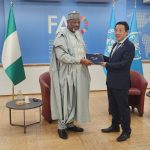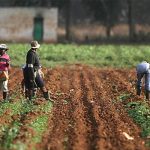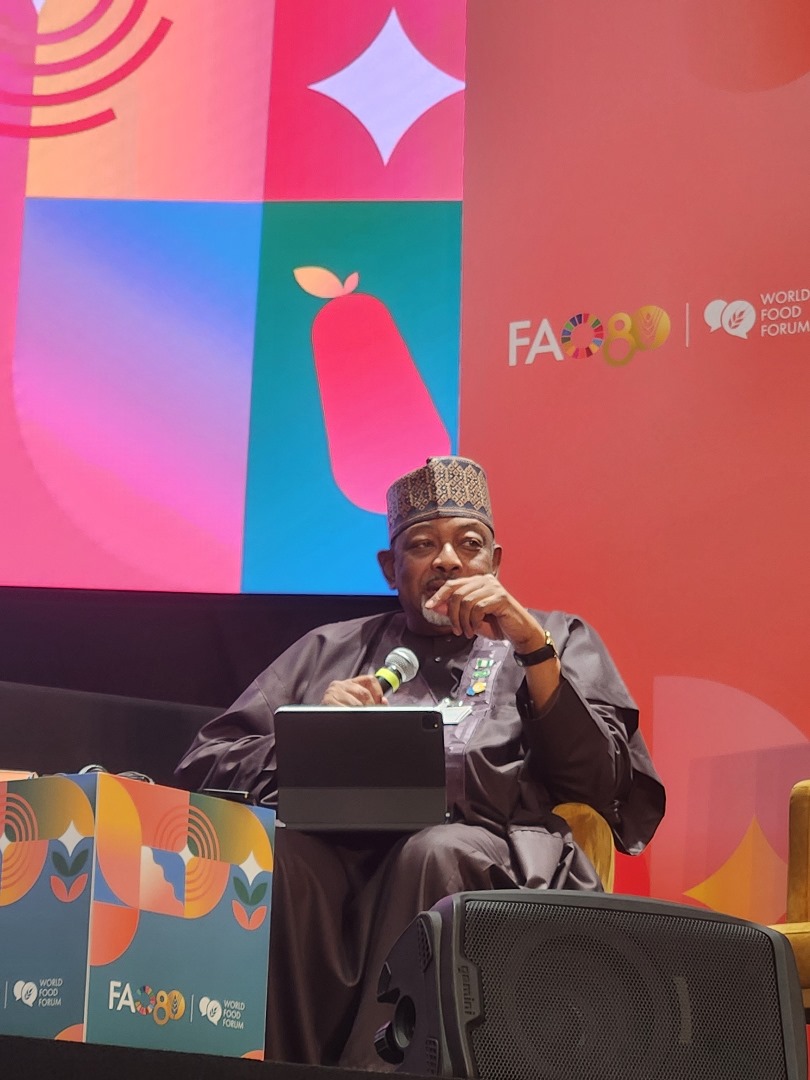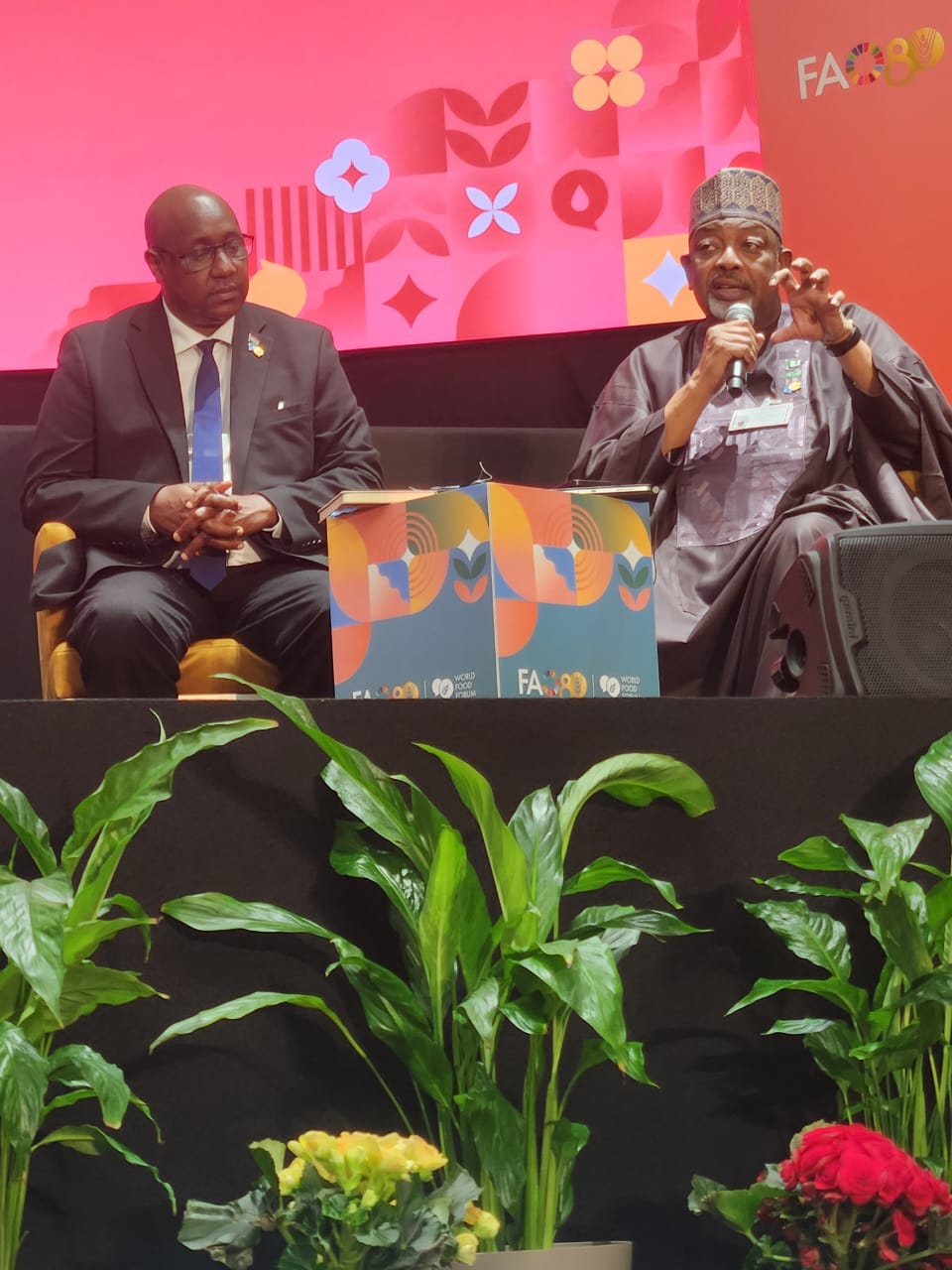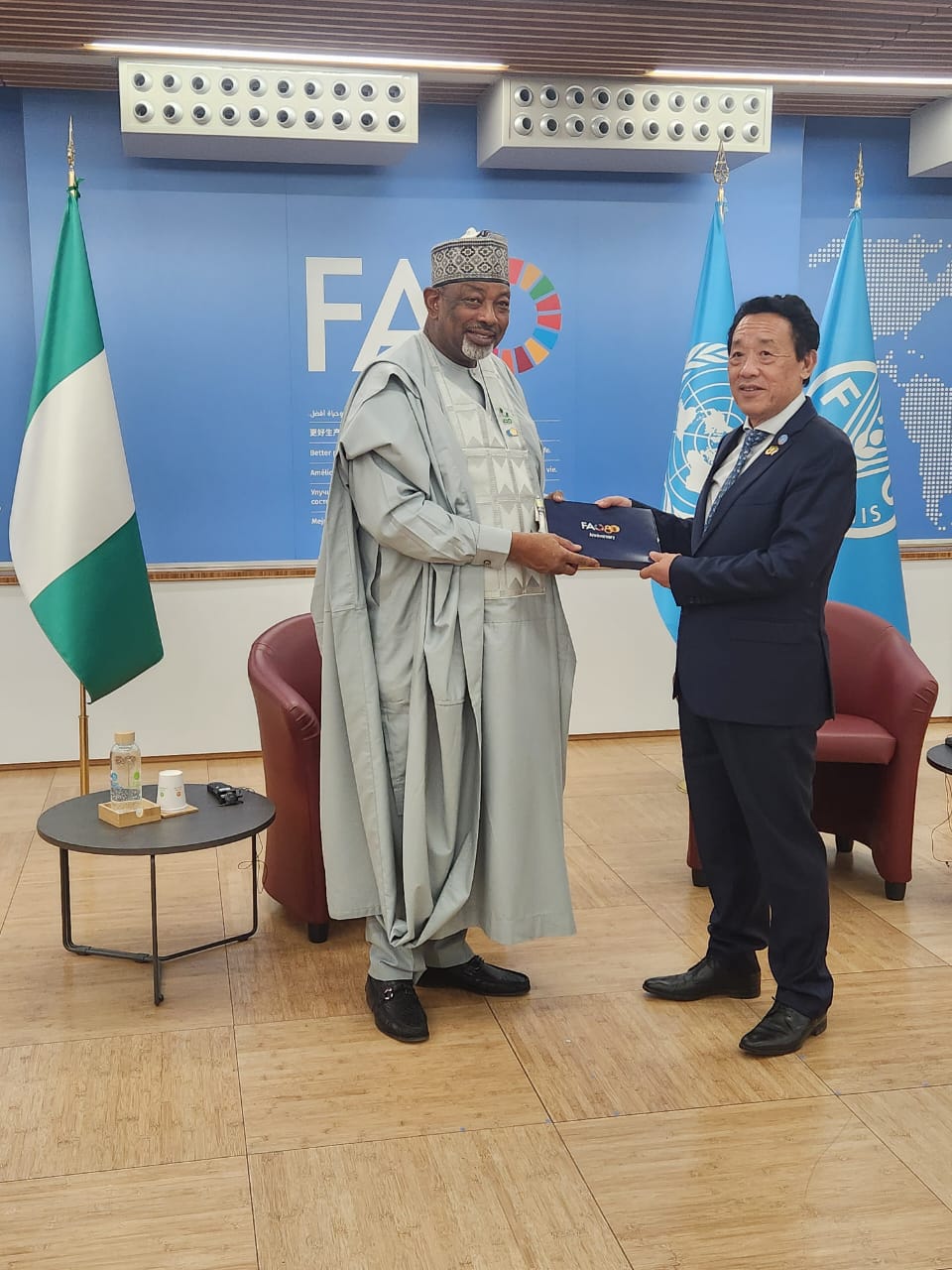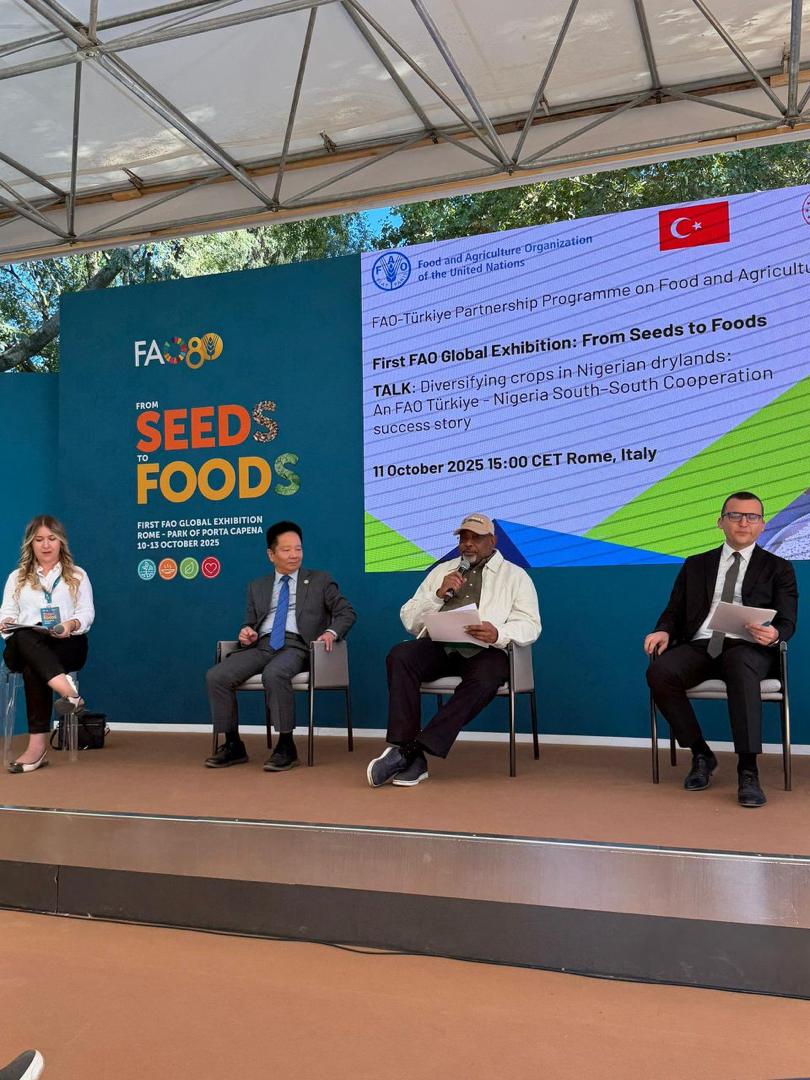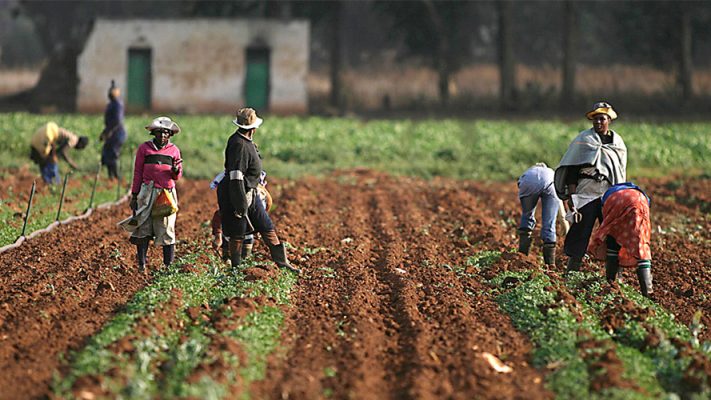The federal government is determined to pursue benefitting development programmes through its involvement in the South South and Triangular Cooperation, SSTC, an initiative involving multilateral organisations as well as donor nations of the global north and the South South nations to facilitate efforts at tackling issues like the climate change and food security.
To this end, the government, on Tuesday, reaffirmed its commitment to the SSTC as a pivotal initiative to boost agrifood transformation, promoting sustainable development by sharing knowledge, expertise, and resources among members.
This was made known during the Ministerial Dialogue on SSTC at 2025 World Food Forum (WFF), as part event earmarked to commemorate the 80th anniversary of the Food and Agriculture Organization (FAO), held in Rome, Italy, recently. It was done through the Minister of Agriculture and Food Security, Sen. Abubakar Kyari. He said the SSTC aims to strengthen the collective bargaining power of developing countries in global forums and foster a more equitable international economic system.
Kyari stated that South–South Cooperation has become a vital part of Nigeria’s agricultural development strategy, fostering knowledge exchange, innovation, and inclusive growth.
The minister who said that effective cooperation must be rooted in mutual respect, national ownership, and measurable outcomes, described SSTC as one of the most practical and cost-effective models for achieving food security and shared prosperity.
He revealed that Nigeria’s partnership with FAO and China under the SSTC framework has yielded tangible results, including advances in technology transfer, farmer training, aquaculture development, and the establishment of Regional Multi-Service Extension Centers nationwide.
According to him, “the lessons we continue to draw from our partnerships with China, Brazil, and other developing nations reaffirm that the Global South has the capacity, knowledge, and innovation needed to solve its own challenges if we work together in solidarity’’.
The Minister outlined Nigeria’s current priorities to deepen SSTC impact which includes, Institutional Strengthening: integrating SSTC programmes into national agricultural strategies to ensure alignment with Nigeria’s National Agrifood Systems Transformation Agenda, Sustainable Financing: establishing flexible funding mechanisms and encouraging blended finance models to scale up South–South partnerships and projects, Technology and Knowledge Exchange: promoting collaboration on climate-smart agriculture, irrigation, mechanization, and digital solutions to enhance productivity and resilience, Regional Integration: advancing Nigeria’s leadership within ECOWAS to foster sub-regional agricultural trade, research linkages, and policy harmonization.
In his remarks, Director – General, FAO, Dr. Qu Dongyu lauded Nigeria and other member countries for their sustained commitment towards building inclusive and sustainable agrifood systems.
He added that the next phase of South–South Cooperation must be backed by stronger institutional frameworks and targeted investments.




